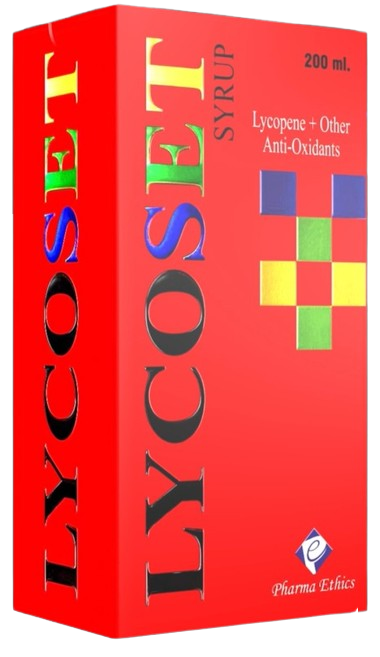BETA CAROTENE
Beta-carotene is a fantastic pigment that is an important carotenoid. It is a precursor to Vitamin A! You can find significant amounts of beta-carotene in tasty spices and herbs like nutmeg, red chili, and fenugreek seeds.


Benefits of Beta Carotene
It can help lower the risk of heart disease, which is a win for your heart![1]
It can boost cognitive function, helping you stay sharp and focused throughout the day .[2]
It may lower the risk of fractures, keeping your bones strong and healthy.[3]
Beta-carotene is known for reducing the risk of prostate and breast cancer. That’s something to feel good about![4]
(More details on constituents)
According to Tufail, T. et al. (2024), increasing the consumption of carotenoids like beta-carotene reduces the likelihood of coronary heart disease (CHD). Beta-carotene supplementations reduce free radical production, hence increasing nitric oxide concentrations,which protects against the progression of cardiovascular disease 1 .
A review study by Abrego-Guandique et al. (2023) reported that β-carotene serum levels were associated with improved measures of cognitive function. There is a potential association between β-carotene supplementary intake and the maintenance of cognitive function. β-carotene intake could help to mitigate brain fog or cognitive impairment through its effect on
calcium/calmodulin-dependent protein kinase IV (CAMKIV) 2 .
Findings from Charkos et al. (2020) suggest that β-carotene antioxidants may be beneficial for bone health and may reduce the risk of fracture. Higher dietary intake of β-carotene has a favorable role in the protection of fracture risk and a beneficial effect against oxidative stress related to osteoporosis. β-carotene enhances osteoclastogenesis and reduces osteoblast apoptosis by stabilizing the β-catenin signaling pathway, which leads to a decrease in bone resorption 3 .
A review study by Tufail et al. (2024) reported that Beta-carotene supplements can decrease the risk of prostate cancer in males with low concentrations of beta-carotene in their blood. Carotenoids like beta-carotene exhibit anticarcinogenic potential in breasts due to their ability to stimulate enzyme production for detoxification, immune-regulating and boosting potential, halting uncontrolled cell division, reducing oxidative damage to tissues, and regulating cell signaling pathways 4 .
(References link)
- Tufail, T., Bader Ul Ain, H., Noreen, S., Ikram, A., Arshad, M. T., & Abdullahi, M. A. (2024). Nutritional Benefits of Lycopene and Beta-Carotene: A Comprehensive Overview. Food science & nutrition, 12(11), 8715–8741. https://doi.org/10.1002/fsn3.4502
- Abrego-Guandique, D. M., Bonet, M. L., Caroleo, M. C., Cannataro, R., Tucci, P., Ribot, J., & Cione, E. (2023). The Effect of Beta-Carotene on Cognitive Function: A Systematic Review. Brain sciences, 13(10), 1468. https://doi.org/10.3390/brainsci13101468
- Charkos, T. G., Liu, Y., Oumer, K. S., Vuong, A. M., & Yang, S. (2020). Effects of β-carotene intake on the risk of fracture: a Bayesian meta-analysis. BMC musculoskeletal disorders, 21(1), 711. https://doi.org/10.1186/s12891-020-03733-0
- Tufail, T., Bader Ul Ain, H., Noreen, S., Ikram, A., Arshad, M. T., & Abdullahi, M. A. (2024). Nutritional Benefits of Lycopene and Beta-Carotene: A Comprehensive Overview. Food science & nutrition, 12(11), 8715–8741. https://doi.org/10.1002/fsn3.4502
